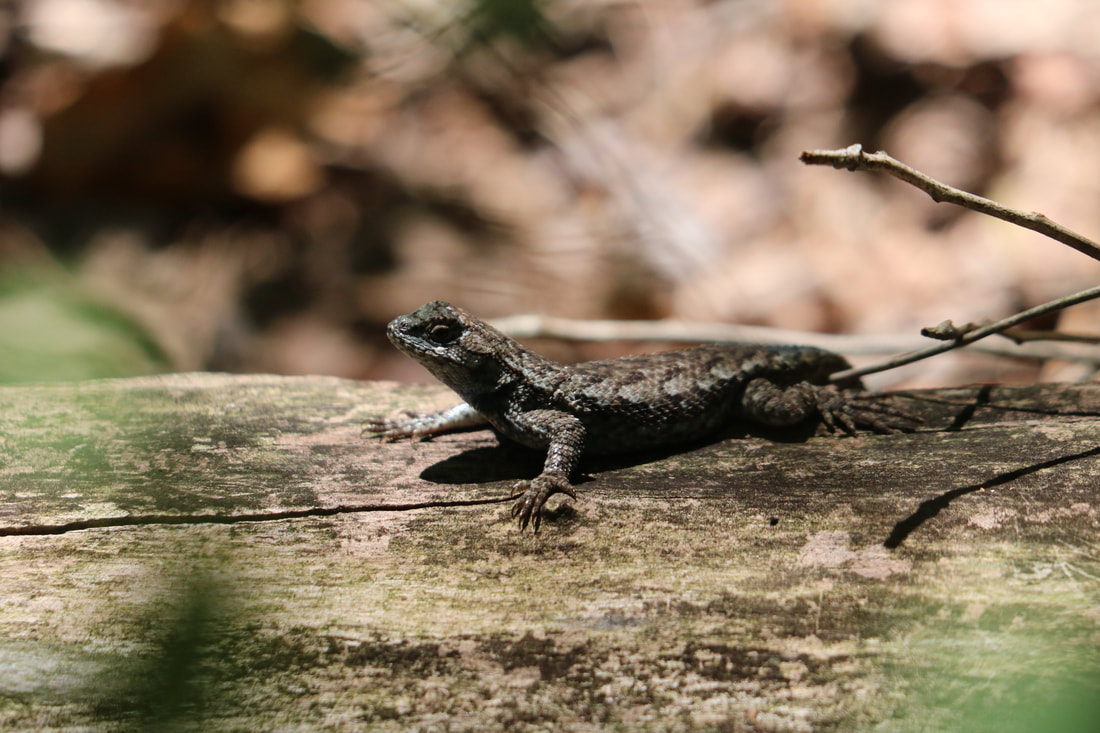Kobayashi Issa
Translation by Sam Hamill
Reviewed by Ray Zimmerman
The poet Issa is beloved throughout his homeland and Japanese schoolchildren commit his poignant nature poems to memory. Adults appreciate his humor, and scholars decry the self-pity which shows through his work.
The winter fly
I caught and finally freed
The cat quickly ate - Issa
For this reviewer, the poetry of Issa represents a triumph of the human spirit. The events of his life transcend sadness to reach the heights of pathos and tragedy. His mother died when he was but two years old, and his grandmother took over the responsibility of child rearing. She sent him to study poetry with a local scholar at an early age. When he reached age eight; his grandmother died and his father remarried. His stepmother abused him.
Mother I weep
For you as I watch the sea
Each time I watch the sea - Issa
He left home for Edo (now Tokyo) at age twelve to study poetry and Zen, and became a homeless scholar on the streets. After many years as an itinerant poet, he returned home to nurse his dying father. In his fifties he married a much younger woman, but all of their children died at an early age. The final child died due to care by an incompetent nurse, shortly after the death of the mother. He married again in his sixties, but he and his pregnant wife moved into a shed after their house burned. He died there, and shortly after, the wife gave birth to a daughter who lived to continue his line.
The Spring of My Life is haiban, a book of narrative prose with haiku, in the same tradition as Narrow Road to the Interior (Basho). The following passage illustrates this point.
“Visiting my daughter’s grave on July 25th, one month after her death.
The red flower
You always wanted to pick --
Now this autumn wind”
Among the sad verses are many hopeful ones, truly beautiful, like the following:
The distant mountains
Are reflected in the eye
Of the dragonfly
Issa is rated among the three great masters of haiku, along with Basho and Buson. The book, The Spring of my Life is a classic. Translator Sam Hamill included not only the full text the book, but also 250 haiku selected from the many thousands attributed to Issa. It is well worth the read.

 RSS Feed
RSS Feed